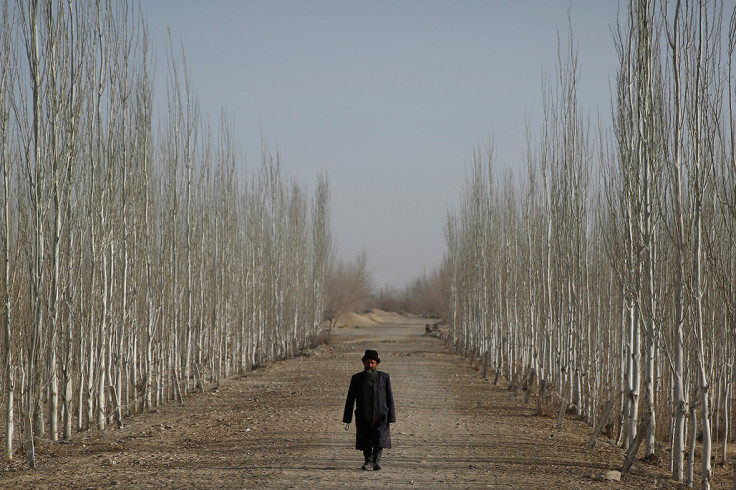Chinese official says fellow Uighur cadres have failed to tackle terror
Uighurs consider themselves as culturally and ethnically related to Turkey and mostly follow Islam and speak a language that is similar to Turkish.

The Muslim Uighur minority have failed in fighting terrorism, a senior Uighur official from China's Xinjiang region said rebuking Communist Party cadres.
Mehmet Emin Bekri, an official in south Xinjiang's Kashgar city said, "I have become deeply aware, in these severely complicated circumstances, that we Uighur cadres have not taken on the bulk of the work (in fighting terrorism)."
"(Our) work ethic is superficial, (our) stability measures half-hearted, and there is a clear gap between (our) security work and the demands of the central, regional and prefectural party committees," he said in a post on an official city account on WeChat.
The city of Kashgar plays a key role in Beijing's One Belt, One Road initiative which is a signature foreign and economic policy of President Xi Jinping that aims at creating trade and infrastructure opportunities between China and developing countries of Eurasia.
However, the city and towns in southern Xinjiang are reportedly some of the most unstable areas in the region and are a threat to the party's plans in combating terror.
"We must be soberly aware that... the infiltration of religious extremist thought is intense, the group influence is large, the scope wide, the level of poison deep, especially among people born in the 1980s and 1990s," Reuters quoted him as saying.
The Communist Party supports ethnic minorities becoming cadres, but Uighurs are still less in number than Han officials in the region.
In late March, China announced new restrictions that prohibit "abnormal beards" for men while women were banned from wearing veils in public places.
Uighurs consider themselves as culturally and ethnically related to Turkey and mostly follow Islam and speak a language that is similar to Turkish.
© Copyright IBTimes 2025. All rights reserved.





















